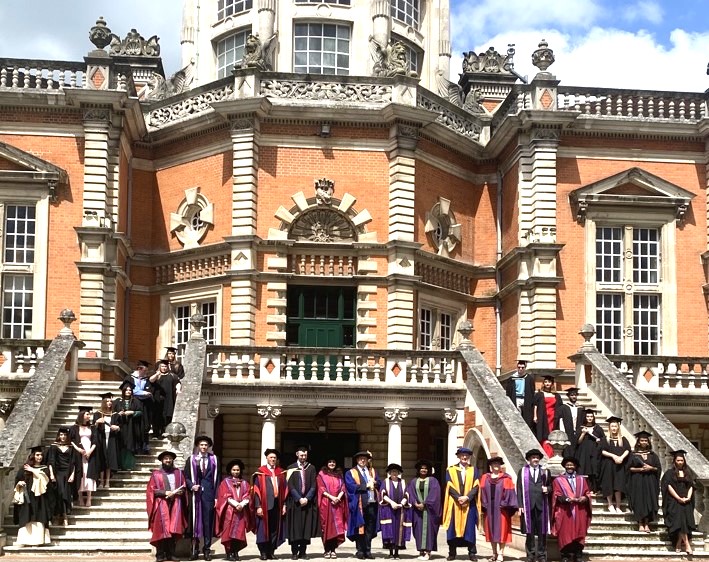Jill Marshall has recently analysed legal cases from the European Court of Human Rights (ECtHR) involving applicants aggrieved at the involuntary removal of their children into foster care and, in some cases adoption, outside of their cultural, linguistic and religious origins.

See link below to access Pr Jill Marshall's article: https://strasbourgobservers.com/2023/09/05/cultural-linguistic-and-religious-identity-and-care-recent-developments-in-the-case-law
Overview
The ECHR’s text does not explicitly protect cultural rights. This position contrasts with other international human rights treaties such as the International Covenant on Economic, Social and Cultural Rights. However, through its dynamic interpretation of the ECHR’s different articles, the ECtHR has recognised substantive rights which may fall under the notion of ‘cultural rights’. The provisions most commonly invoked are Article 8 (right to respect for private and family life), Article 9 (freedom of thought, conscience and religion) and Article 10 (freedom of expression) of the Convention, as well as Article 2 of Protocol No. 1 (right to education). It has been noted that the growing importance of cultural rights in the Court’s case-law may be, at least in part, caused by the number of cases brought by persons or entities belonging to national minorities within member states of the ECHR, including cultural, linguistic or ethnic minorities, especially when these concern the right to maintain a minority identity and to lead one’s private and family life in accordance with one’s traditions and culture, an issue pertinent when children are involuntarily removed from biological parents by the state. In the Strasbourg Observers blog, Professor Marshall analyses these issues through case law developments in Strand Lobben and Others v Norway, Abdi Ibrahim v Norway and, the most recent case 2023 set out in more detail: Kılıc v Austria. Each case demonstrates shifts in attitudes towards the importance of maintaining ties with biological families and their cultural and religious origins when children are involuntarily removed from biological parents. However, all cases emphasise that the children’s best interests must remain paramount which may not always coincide with cultural identity rights.
Strasbourg Observers is based at the Human Rights Centre of Ghent University and at the Centre for Government and Law of Hasselt University in Belgium. Their Blog aims to bring new judgments of the ECtHR under the attention of interested scholars, practitioners and students.
See further on identity and human rights law:
J Marshall Personal Freedom through Human Rights Law? Autonomy, Identity and Integrity under the European Convention on Human Rights (Martinus Nijhoff 2009)
J Marshall Human Rights Law and Personal Identity (Routledge 2014)
J Marshall Personal Identity and the European Court of Human Rights (Routledge 2022)
























